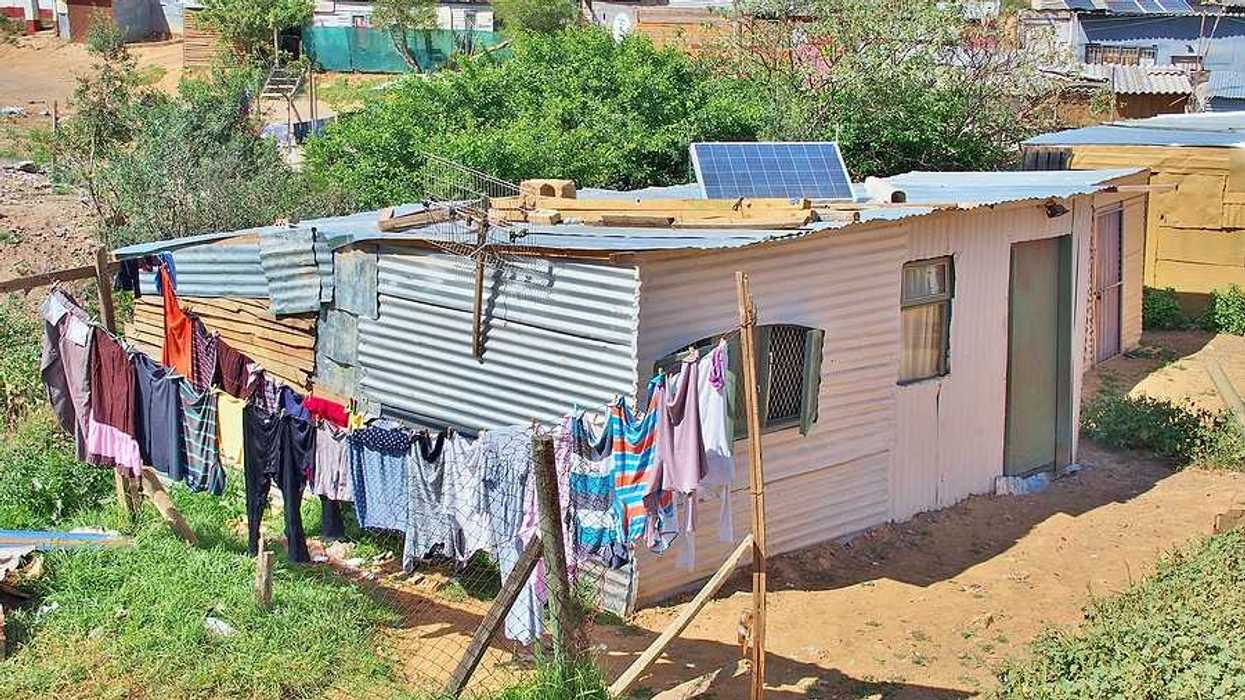A Texas environmental agency has ceased negotiations with the U.S. EPA, representing a fresh instance of state-level resistance to the federal agency's enforcement of civil rights in pollution-related decisions alleged to be racially biased.
Jamie Smith Hopkins reports for the Center for Public Integrity.
In short:
- Texas has withdrawn from EPA negotiations aimed at resolving complaints that state decisions on pollution permit approvals are racially discriminatory.
- EPA's investigation into the allegations against the Texas Commission on Environmental Quality (TCEQ) could potentially lead to enforcement actions after Texas refused to continue informal talks.
- TCEQ challenges EPA's authority under Title VI, with historical issues in Harris County, Texas illustrating a pattern of industrial facilities being located disproportionately in communities of color.
- Advocates express frustration over TCEQ's resistance as EPA maintains a noncommittal stance on ongoing Title VI complaints.
Key quote:
“The issues here are so acutely egregious, I’m hopeful the EPA will step up.”
— Harris County Attorney Christian D. Menefee
The big picture:
Communities in pollution-heavy zones often face a higher incidence of health issues. Studies link poor air quality to respiratory conditions, heart disease, decreased life expectancy and a host of other physical and mental health problems.
Learn more: EHN's environmental justice explainer provides additional context on the disproportionate pollution burdens faced by low-income and minority communities.














